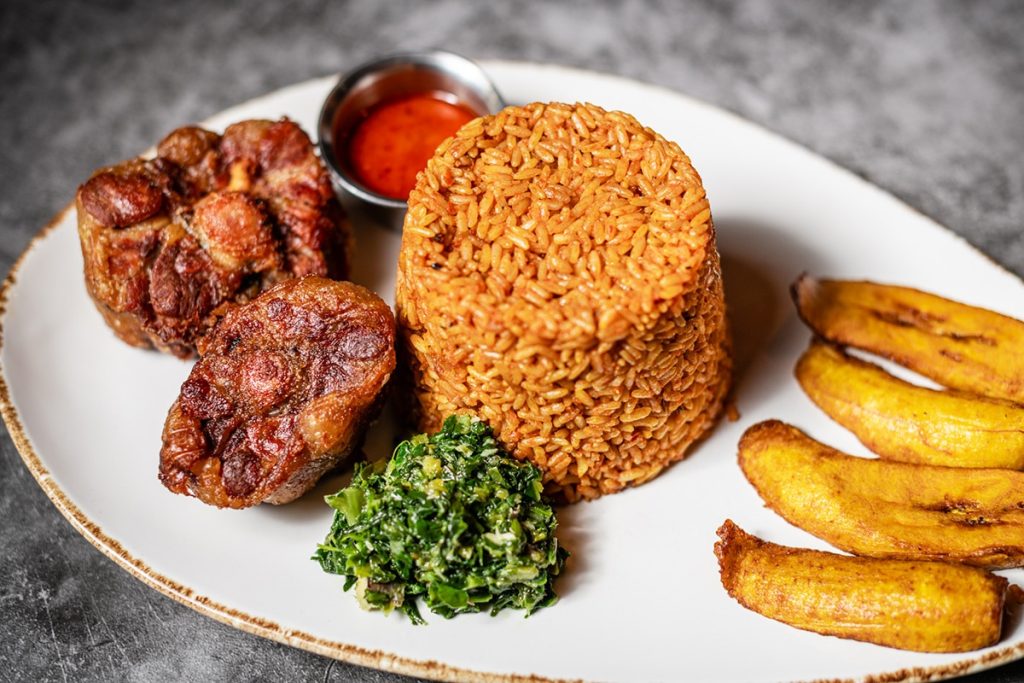A Senior Advocate of Nigeria, Chief R.O. Balogun, has petitioned a Federal High Court in Ilorin, Kwara State, to annul the 2020 Value Added Tax (VAT) Modification Order, which mandates VAT collection on basic food items sold in restaurants and hotels across Nigeria.
The VAT Modification Order 2020 had initially exempted basic food items (such as agro- and aqua-based staples) from VAT. However, it specified that this exemption would not apply to food sold in restaurants, hotels, eateries, and similar establishments.
Balogun argues that the provision imposing VAT on food sold in restaurants is unconstitutional. He seeks an order to nullify the clause introduced in Order 33 of the VAT Modification Order 2020, which mandates that food sold in such venues be subject to VAT.
In his suit, Balogun contends that this provision conflicts with the VAT exemption outlined in the First Schedule of the VAT Act. He also claims the order violates other relevant laws regarding VAT exemptions on basic food items.

The Senior Advocate also accused the Economic and Financial Crimes Commission (EFCC) of overstepping its jurisdiction by using the VAT order as a basis to demand VAT remittance details from his client, Ibigbemi Oloruntobi, the owner of a business called Item 7 Go.
Balogun maintains that Oloruntobi’s failure to collect VAT on food items does not amount to tax evasion, nor is it an economic crime. He asserts that tax evasion is the focus of the law, not non-collection of VAT. Furthermore, he argues that VAT compliance should be handled by the Federal Inland Revenue Service (FIRS), not the EFCC.
He also requests protection for his client from the alleged harassment by EFCC operatives regarding banking transactions and VAT collection. Balogun seeks a declaration that such actions constitute an abuse of office.
According to reports, the EFCC’s Special Control Unit Against Money Laundering (SCUML) has been investigating Item 7 Go for potential violations of the Money Laundering (Prevention and Prohibition) Act. As part of the investigation, the EFCC requested the company’s banking records, account statements, and BVN details.
While the EFCC is focusing on money laundering violations, Balogun insists the agency has no legal grounds to probe VAT compliance, which he believes should be within the purview of FIRS.
The case is set to be heard on March 3, 2025, and hearing notices have been served to the relevant parties. The court’s decision will determine whether VAT will continue to be levied on food items sold in restaurants and hotels in Nigeria.


